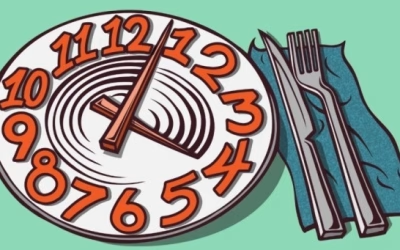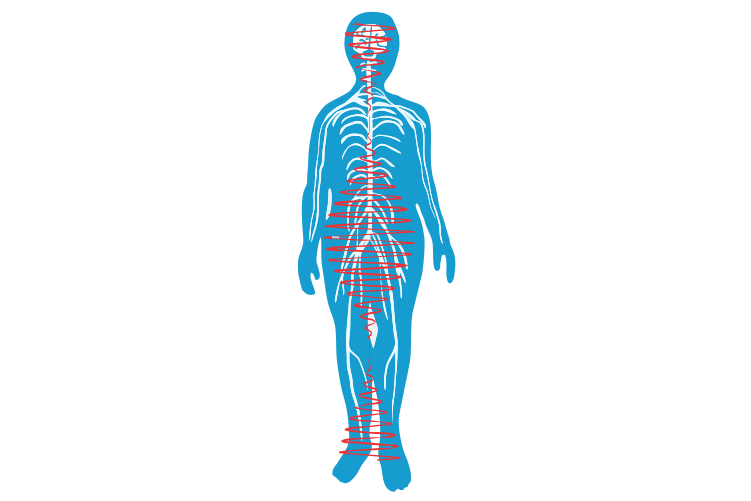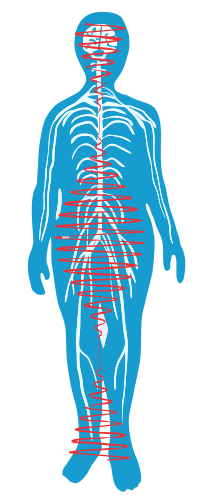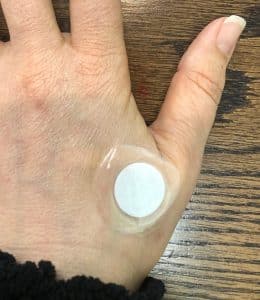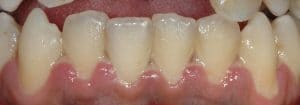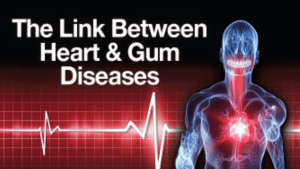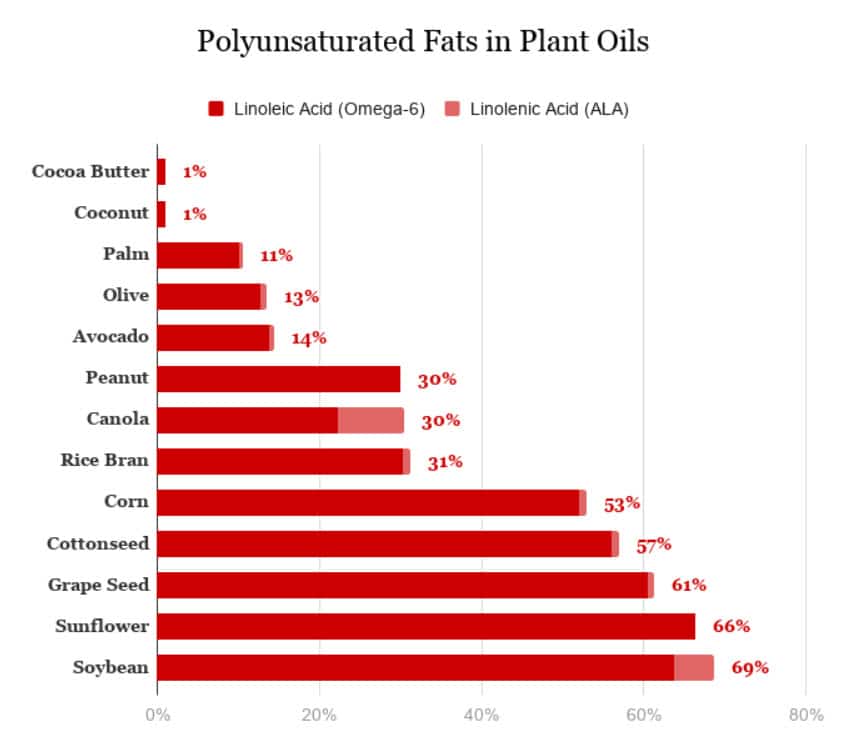[dsm_button button_one_text="Free Analysis" button_one_url="https://alternativehealthatlanta.com/health-test/" button_two_text="Become a Patient" button_two_url="https://alternativehealthatlanta.com/schedule-complete-health-analysis-2/" button_alignment="center"...

Sugar and Your Immune System
Sugar and Your Immune System
Dr. Linus Pauling’s Forgotten ResearchYour body has a very efficient system for protecting itself from outside “invaders” such as viruses, bacteria, fungi, etc. The single most important part of this system is the body’s ability to identify and destroy any invaders that get inside.
There is a fact that you may not know about your body’s immune system:
EATING ANY KIND OF SUGAR HAS THE POTENTIAL TO REDUCE YOUR BODY’S DEFENSES BY 75% OR MORE FOR FOUR TO SIX HOURS.
This is not new data. In the 1970’s Dr. Linus Pauling (one of the greatest researchers in the field of microbiology) discovered that vitamin C helps the body to combat the common cold. As part of the same research, Dr. Pauling found that sugar severely slows down this same process.
This is very important to know, as using this information can prevent illness and dramatically assist healing. Because the idea that sugar is “bad” for you is so controversial, I am going to give you a quick, simplified tour through your own immune system so you can see for yourself what Dr. Pauling discovered.
Subscribe Now! Get More Health Info
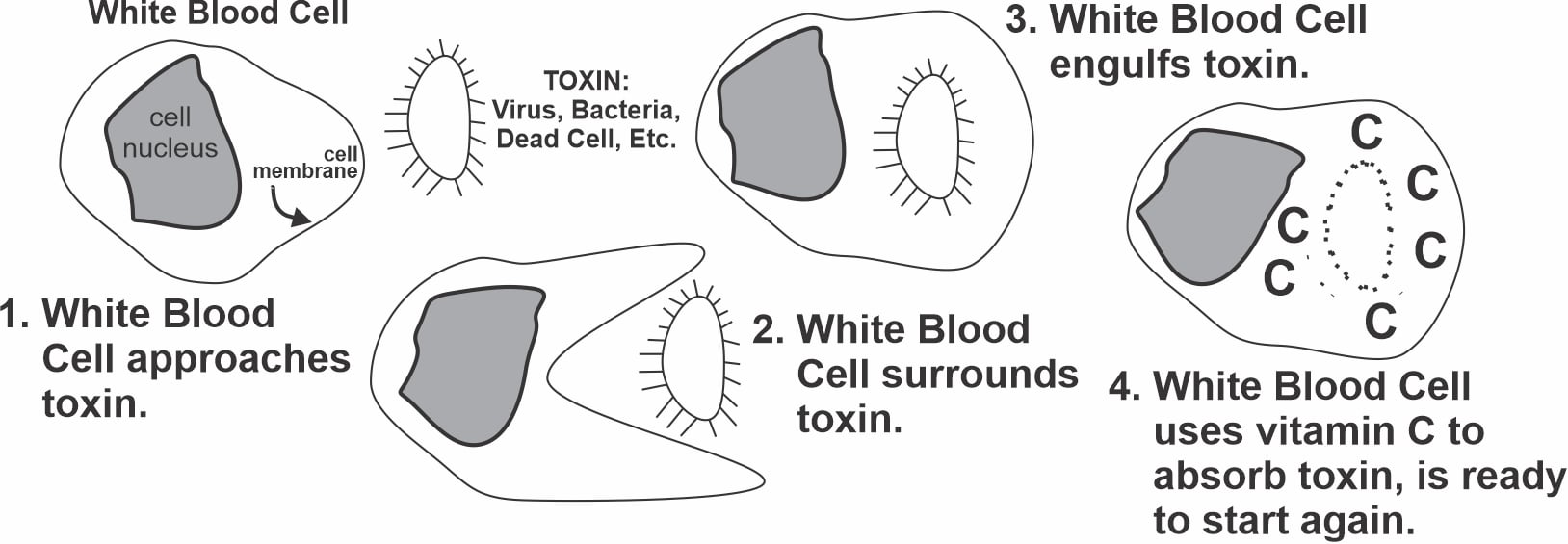

1. How Your Body Disposes Of Invaders
Bacteria, viruses, etc. are literally “swallowed” by a special type of cell called a “phagocyte.” This is a cell, such as a white blood cell, that engulfs and absorbs waste material, harmful microorganisms, or other foreign bodies in the bloodstream and tissues.
2. Vitamin C
Dr. Pauling discovered that vitamin C is needed by white blood cells to engulf and absorb viruses and bacteria. In fact, a white blood cell has to contain 50 times the concentration of vitamin C as would normally be found in the blood around it. That’s how Dr. Pauling came up with the “take vitamin C for a cold” theory. In order to continue to destroy bacteria and viruses, the white blood cells have to accumulate vitamin C all the time to keep up the 50-times concentration. So, vitamin C is being moved through the cell membranes into the white blood cells all over your body, all the time. That’s why it’s important to have plenty of vitamin C available to your body.
3. Sugar
Glucose (sugar in its simplest form, as found in the blood stream) and vitamin C have a similar chemical structure. So similar, in fact, that when a white blood cell tries to pull in more vitamin C from the blood around it, glucose can get substituted by mistake. If the concentration of glucose in the blood goes beyond a certain concentration, the white blood cell’s 50-times vitamin C concentration can start to drop because of the large amount of glucose it’s pulling in as a substitute for vitamin C.
In fact, at a blood sugar level of 120, the white blood cell’s ability to absorb and destroy viruses and bacteria is reduced by 75%. This blood sugar level would be easily obtained by any normal person eating some sugar (cake, cookies, candy, soda or even drinking fruit juice). Further, it can take four to six hours for the vitamin C concentration in the white blood cells to reach that optimum 50-times concentration again.


Conclusion
As you can see, it’s not a great idea to eat any kind of sugar if you’re sick, including the much-recommended orange juice (which may contain vitamin C, but this won’t help if the white blood cells can’t get past the sugar to use it!). Further, if you were on a program of health improvement of any kind, sugar would be your number-1 enemy! No matter if you’re healing from an injury, either. White blood cells and other phagocytes remove dead tissue as well as other types of waste associated with injury healing.
Talk to us about how to avoid sugar and some really great sugar substitutes you can use! And the next time you go to the drug store and notice that the cough syrup contains mostly sugar, you can wonder as we do what happened to this valuable research that no one seems to know?
More Information
Read these articles for more information on improving your health:
Would Intermittent Fasting Work for You?
What’s Your Waist to Hip Ratio? Your Health Depends on It
[dsm_button button_one_text="Free Analysis" button_one_url="https://alternativehealthatlanta.com/health-test/" button_two_text="Become a Patient" button_two_url="https://alternativehealthatlanta.com/schedule-complete-health-analysis-2/" button_alignment="center"...
PERI-MENOPAUSE: Telling 40 Year-Old Women What is Going to Happen
[dsm_button button_one_text="Free Analysis" button_one_url="https://alternativehealthatlanta.com/health-test/" button_two_text="Become a Patient" button_two_url="https://alternativehealthatlanta.com/schedule-complete-health-analysis-2/" button_alignment="center"...

